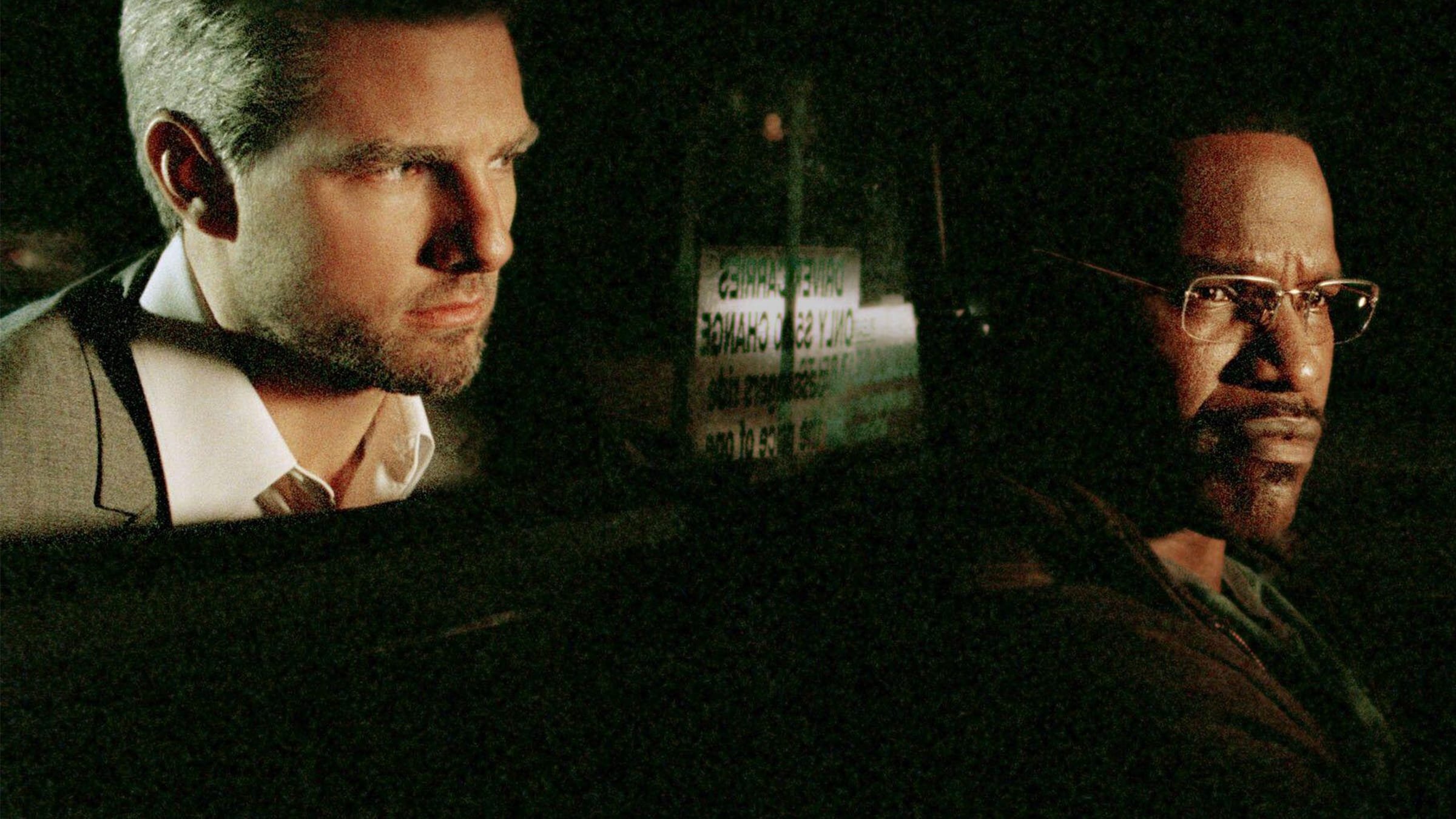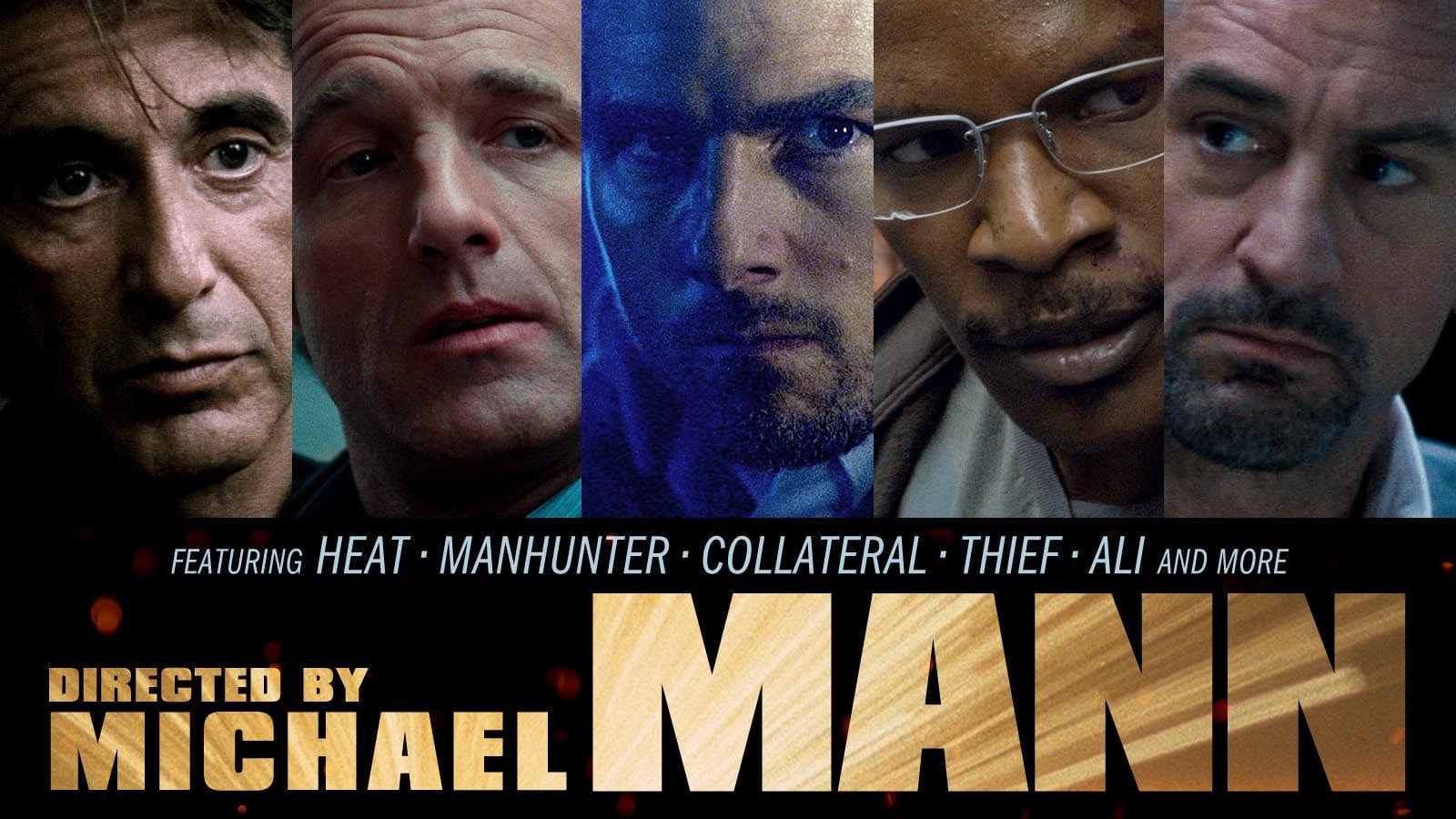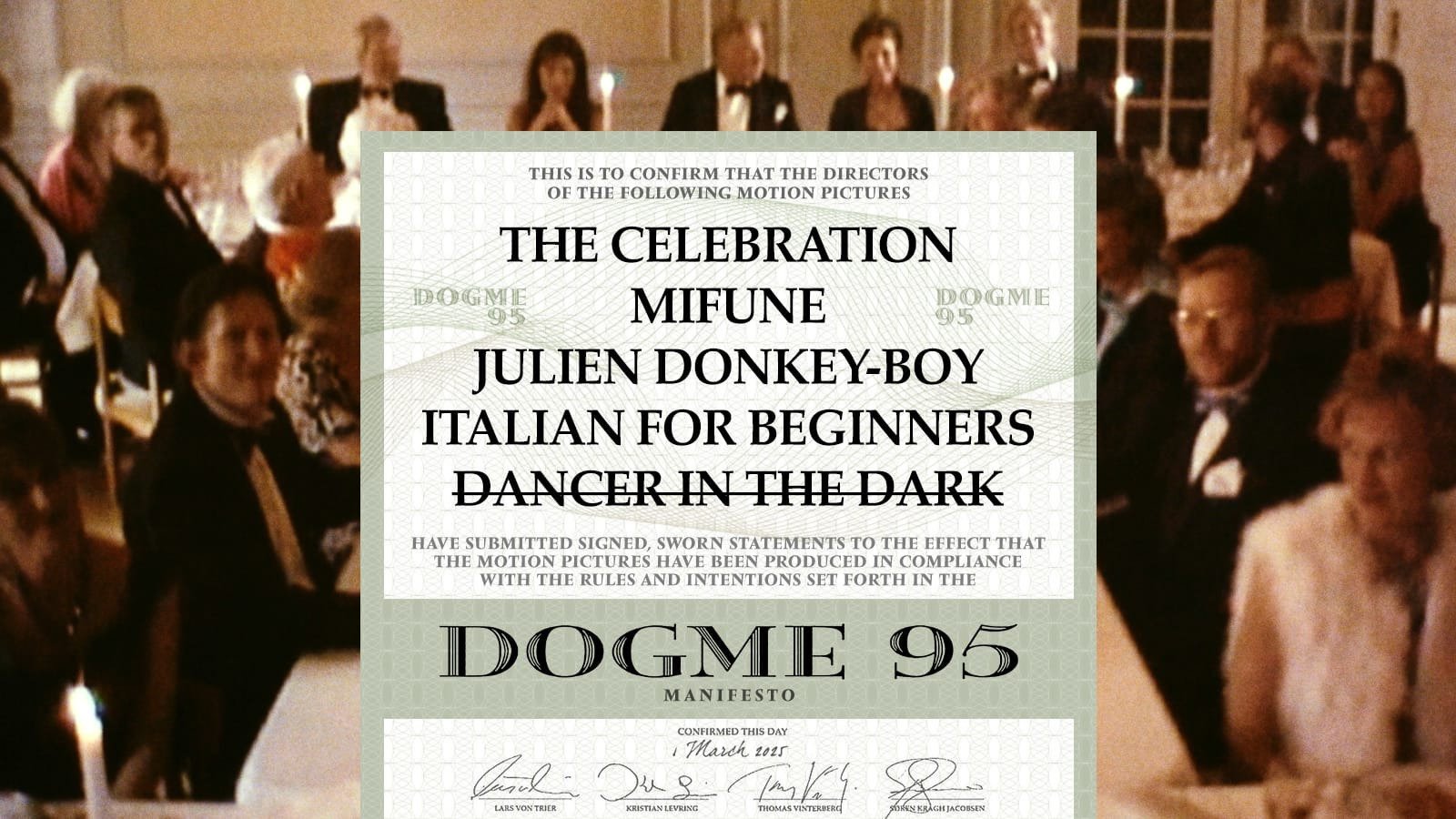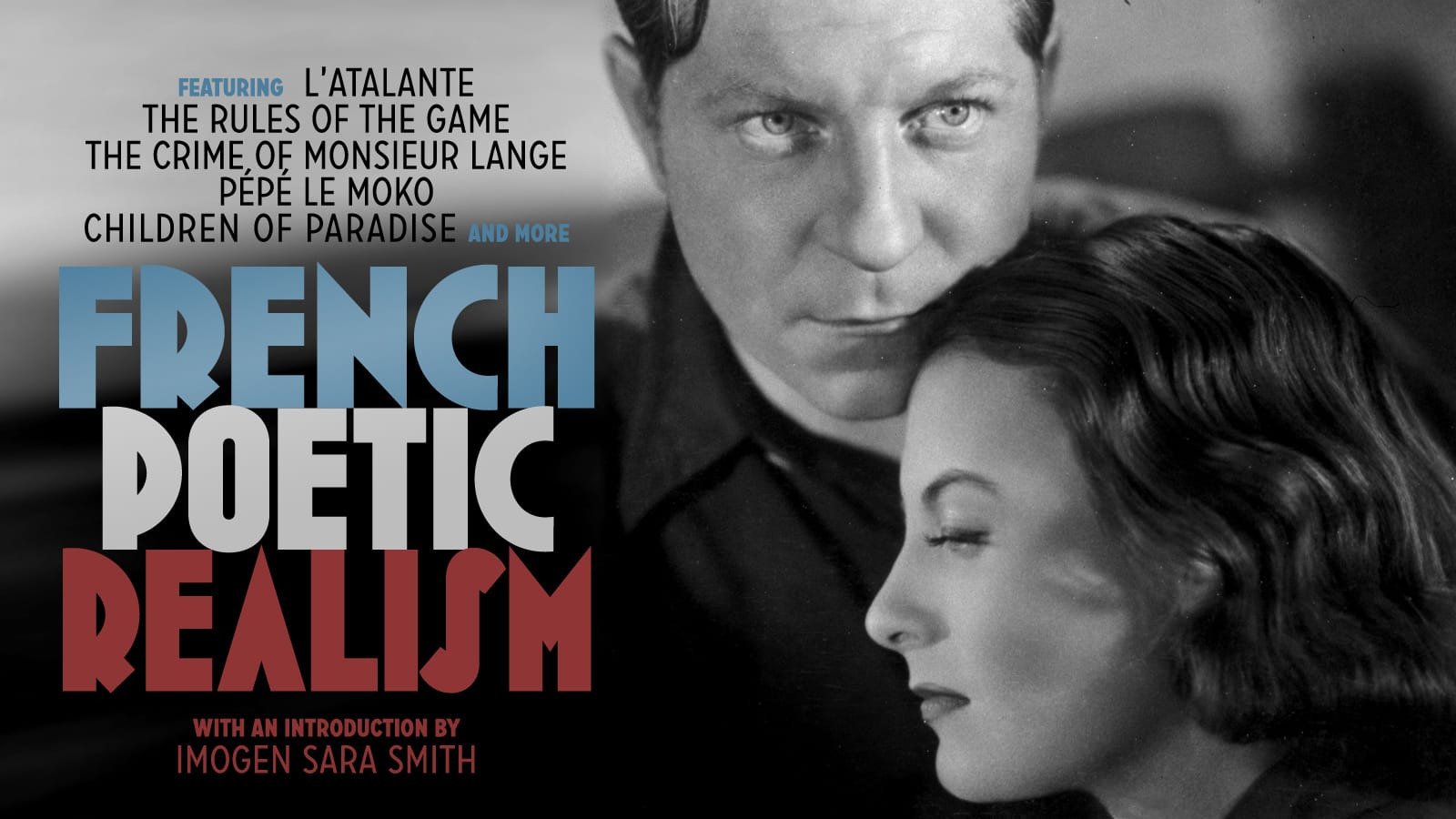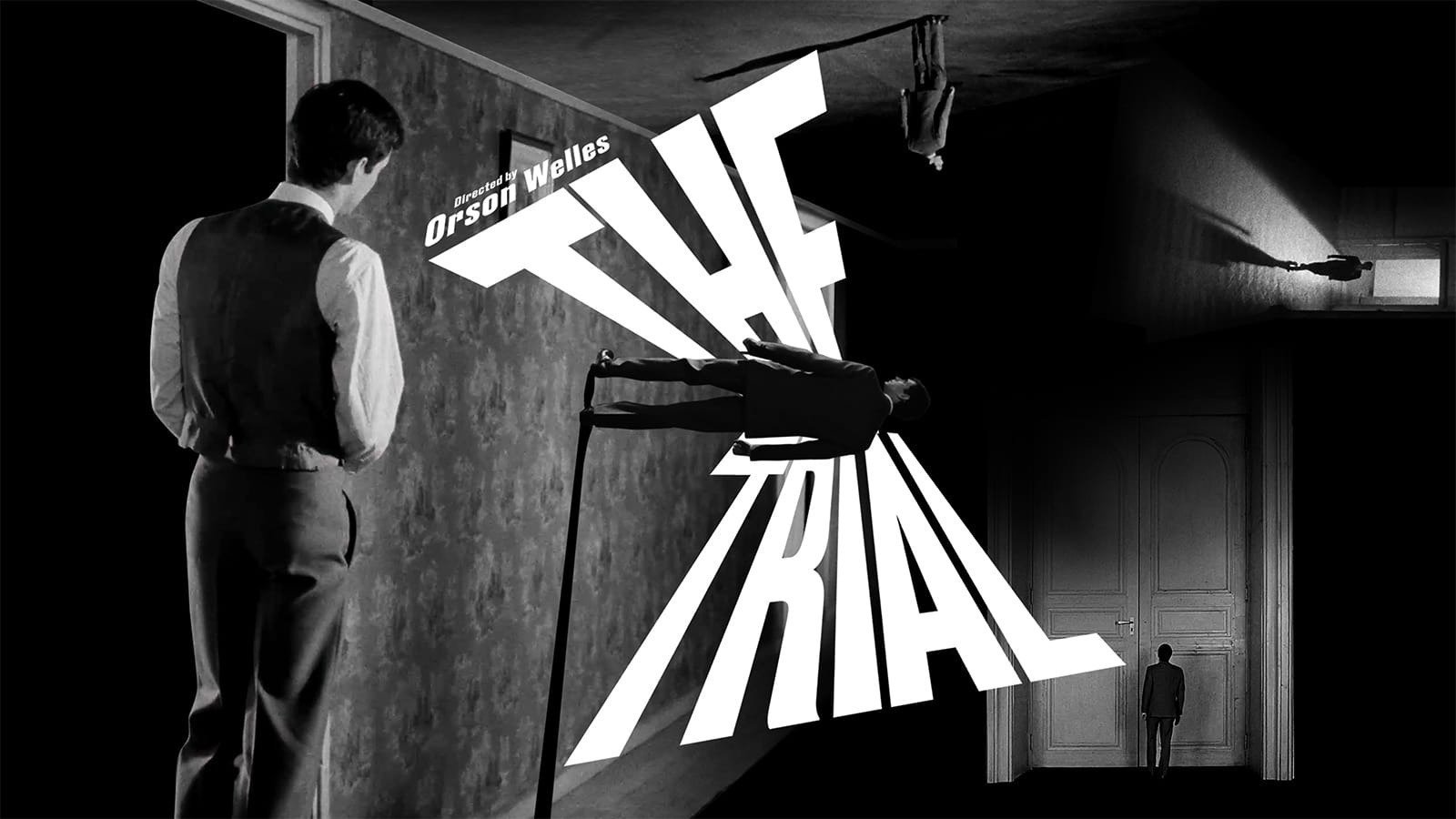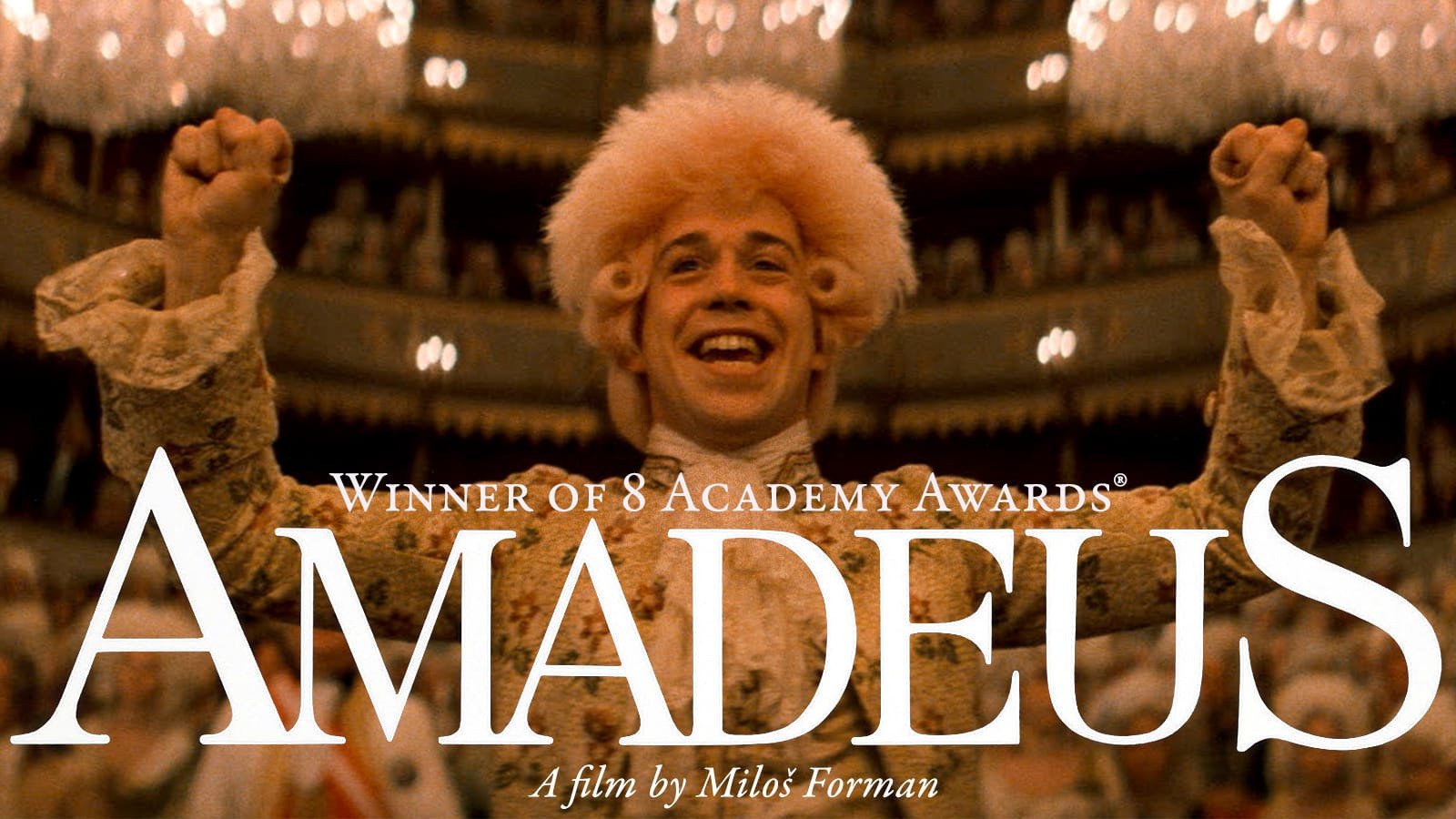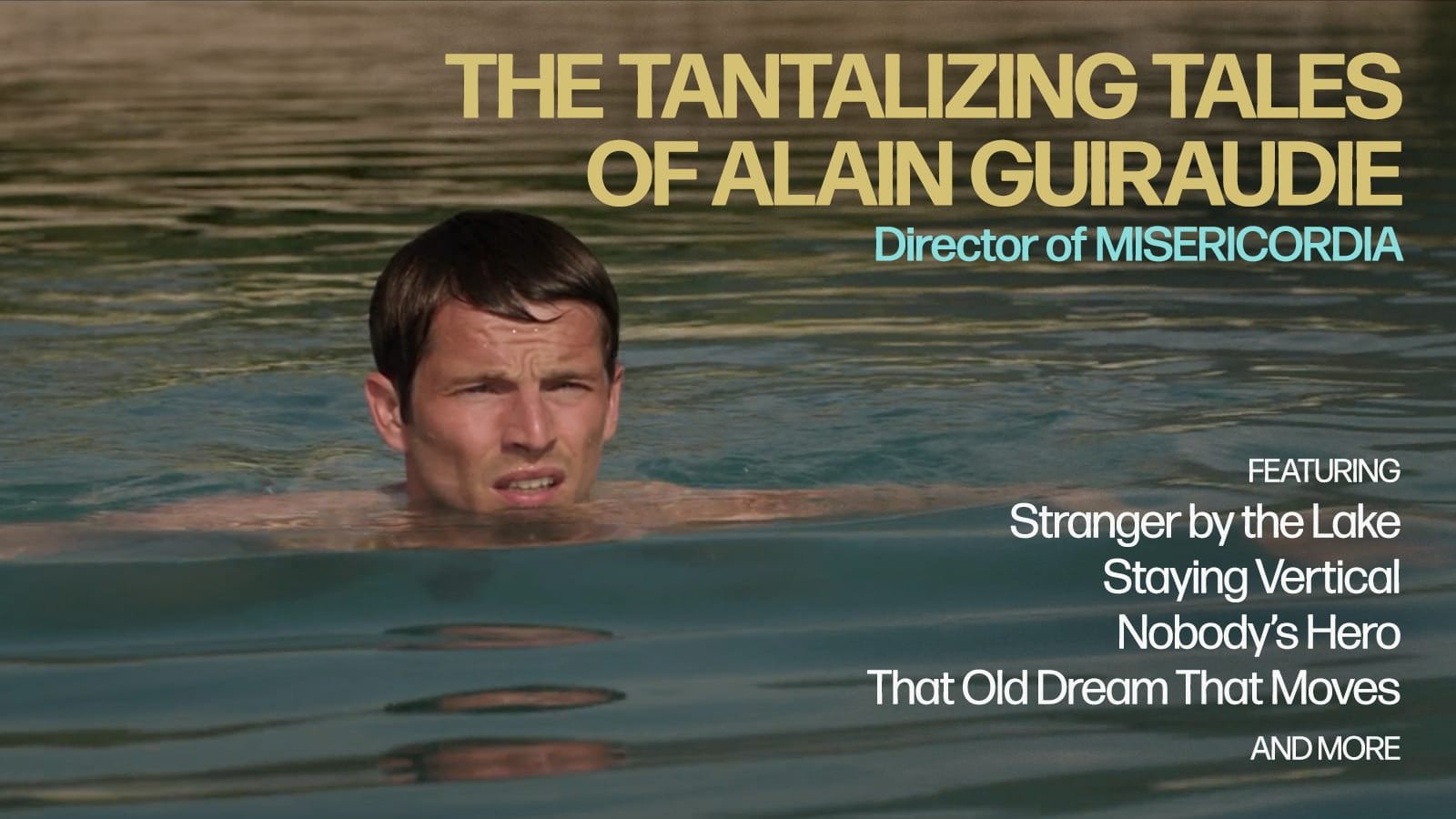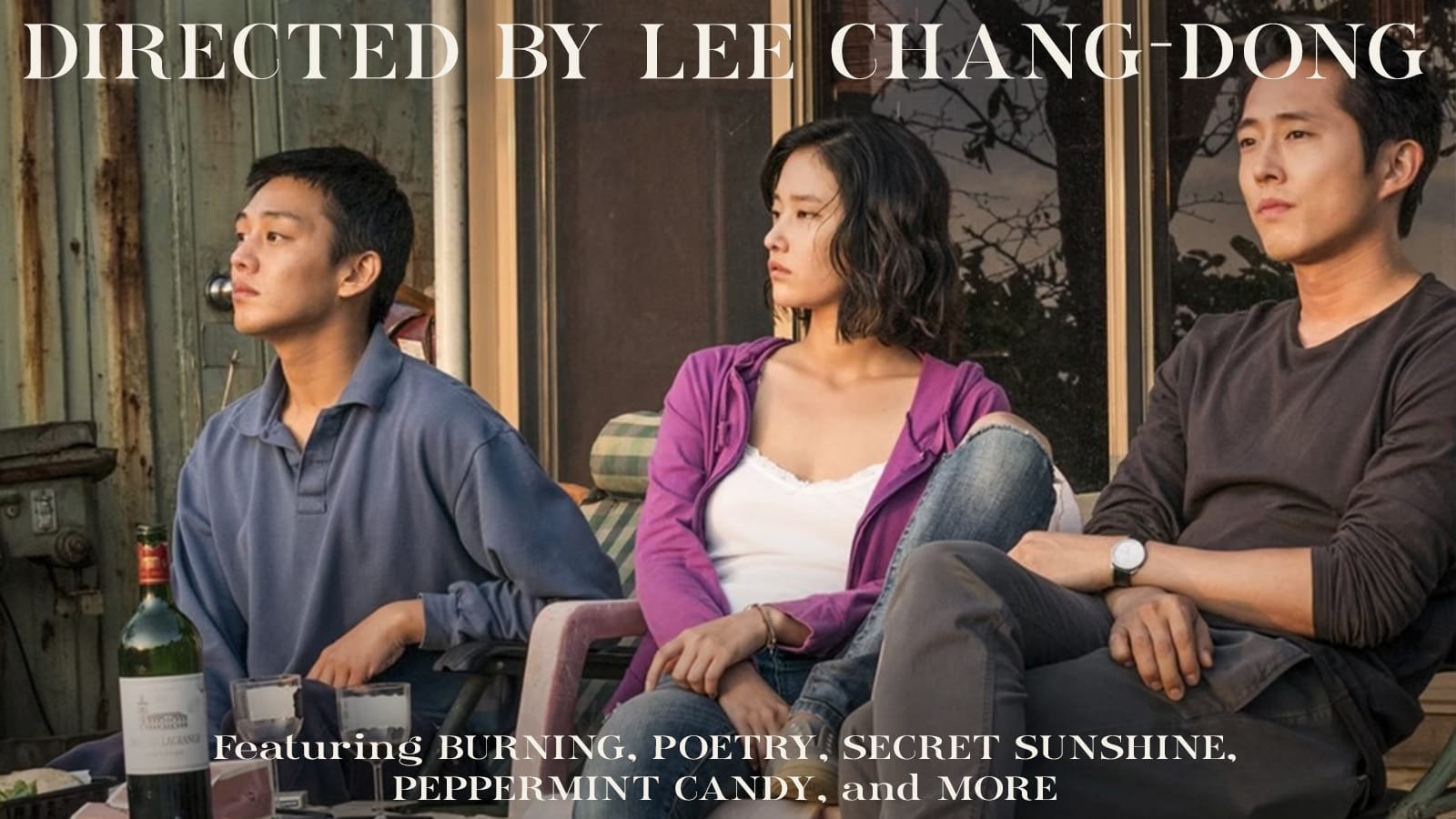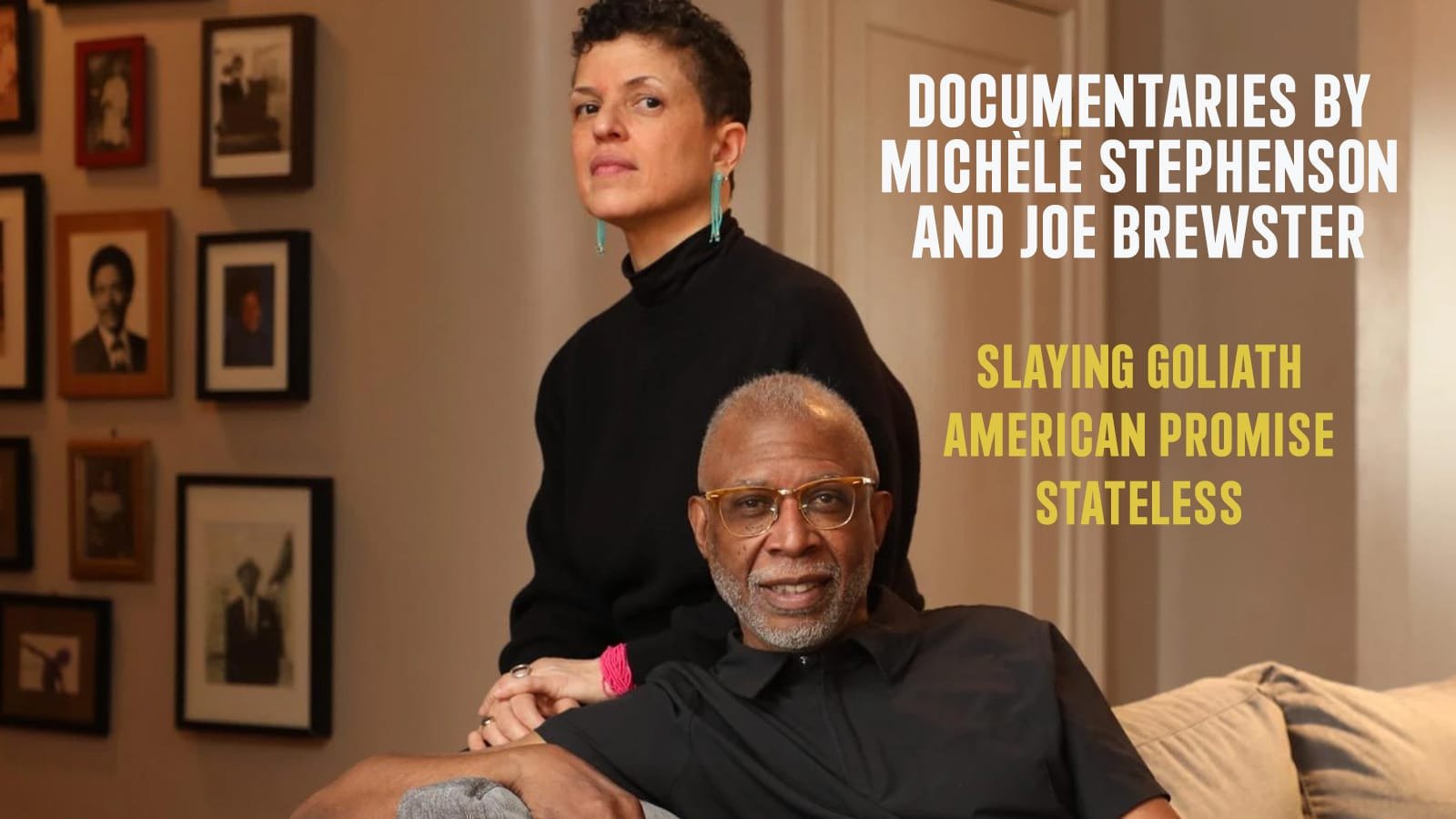Here’s What’s Coming to The Criterion Channel in March 2025
The Criterion Channel has announced the titles arriving on their platform in March 2025, and it includes new collections featuring the films of Michael Mann, the Dogme 95 movement, French poetic realism, and the films of Misericordia director Alain Guiraudie.
*Indicates programming available only in the U.S.
Here’s the full breakdown:
TOP STORIES
Directed by Michael Mann
Whether they’re neonoir thrillers or gripping historical dramas, the films of Michael Mann pulsate with visual adrenaline. Through a propulsive fusion of image, sound, and movement, he creates worlds that feel both heightened and intimately real, with light- and color-saturated frames, unforgettably atmospheric soundtracks, and action sequences that play out as masterclasses in perfectly choreographed chaos. Caught between duty, desire, and fate, his characters—James Caan’s cunning safecracker in Thief, Al Pacino’s obsessive cop and Robert De Niro’s weary robber in Heat, Tom Cruise’s ice-cold hit man and Jamie Foxx’s desperate cabbie in Collateral—move through these meticulously constructed spaces with a restless yearning, making his cinema as morally profound as it is visually dazzling.
FEATURING: Thief (1981), Manhunter (1986)*, The Last of the Mohicans (1992), Heat (1995), The Insider (1999), Ali (2001), Collateral (2004)*
Scene Stealers: Best Supporting Actors
This awards season, we pay homage to the virtuoso secondary players who ran away with their movies, nabbing Oscar gold when the lead actors they so memorably supported did not. From stars like Kevin Kline (A Fish Called Wanda) and Whoopi Goldberg (Ghost) who received some of their greatest acclaim in smaller roles; to veteran character actors like Jane Darwell (The Grapes of Wrath) and Martin Landau (Ed Wood) who could more than hold their own opposite the biggest of names; to costars like Frank Sinatra and Donna Reed (From Here to Eternity) and Dianne Wiest and Michael Caine (Hannah and Her Sisters) who swept the Supporting Actor and Actress prizes for the same film, these captivating scene-stealers may not have had the most screen time, but they made every second count.
FEATURING: Stagecoach (1939), The Grapes of Wrath (1940), Key Largo (1948), The Bad and the Beautiful (1952), From Here to Eternity (1953), The Last Picture Show (1971), Shampoo (1975), The Killing Fields (1984), Hannah and Her Sisters(1986), A Fish Called Wanda (1988), Glory (1989), Ghost (1990)*, Ed Wood(1994), L.A. Confidential (1997), Boyhood (2014)
COMING MAY 1: Paper Moon (1973)
Dogme 95
Thirty years ago, a group of filmmakers led by Lars von Trier and Thomas Vinterberg issued a provocative manifesto for a new avant-garde. Demanding that adherents take a series of “vows of chastity,” the movement known as Dogme 95 sought to liberate filmmaking from genre conventions and stylistic artifice, using handheld camera work, natural lighting and sound, and location shooting to achieve an intense, character-focused authenticity. This sampling includes some of Dogme’s defining entries—such as Vinterberg’s shattering chamber drama The Celebration and Harmony Korine’s fractured family portrait Julien Donkey-Boy—as well as von Trier’s visionary musical Dancer in the Dark, a post-Dogme film that draws from the manifesto’s ethos even as it violates some of its core precepts. Finding creativity in constraint, these films reveal the lasting influence of an electrifying call to action that helped usher cinema into the new century.
FEATURING: The Celebration (1998), Mifune (1999), Julien Donkey-Boy (1999), Dancer in the Dark (2000), Italian for Beginners (2000)
French Poetic Realism
Featuring a new introduction by critic Imogen Sara Smith
Moody, shadow-latticed cinematography; exquisitely wrought dialogue; an intoxicating sense of world-weary fatalism: welcome to the world of French cinema in the 1930s and ’40s, when the style known as poetic realism—rooted in working-class social reality yet heightened by a distinctly Gallic lyricism—flourished. In the hands of masters like Jean Renoir (La bête humaine, The Rules of the Game), Marcel Carné (Port of Shadows, Children of Paradise), Julien Duvivier (Pépé le moko, Un carnet de bal), and Jean Grémillon (Remorques, Lumière d’été), the struggle and grit of everyday life was transformed into transcendent art and marginalized antiheroes (often played by the era’s defining leading man, Jean Gabin) took on a romantic air. A key influence on the development of film noir, these masterpieces of atmosphere unfold in a unique world unto themselves—melancholic, dreamy, and beautifully doomed.
FEATURING: Mother Hummingbird (1929), Ladies’ Paradise (1930), Poil de carotte (1932), La tête d’un homme (1933), Zéro de conduite (1933), L’Atalante(1934), They Were Five (1936), The Crime of Monsieur Lange (1936), The Lower Depths (1936), Un carnet de bal (1937), Pépé le moko (1937), Port of Shadows(1938), La bête humaine (1938), Hôtel du Nord (1938), The End of the Day(1939), Le jour se lève (1939), The Rules of the Game (1939), Remorques (1941), Lumière d’été (1943), The Eternal Return (1943), Le ciel est à vous (1944), Children of Paradise (1945), Les portes de la nuit (1946), Such a Pretty Little Beach (1949)
EXCLUSIVE PREMIERES
Only the River Flows
When a woman’s body washes up on the shore in small-town China in the 1990s, the local chief of police, Ma Zhe (Zhu Yilong), is tasked with leading the investigation. An obvious suspect leads to a hasty arrest, though the mystery lingers in Ma Zhe’s mind. What kind of darkness is truly at play here? As torrents of rain envelop the town, Ma Zhe will be drawn to the edge of madness in pursuit of truth. Both a tantalizing cinematic puzzle and a sharp-edged portrait of provincial paranoia, Wei Shujun’s ultra-atmospheric, retro-stylized noir captures the pulpy proceedings in gritty, textured film grain that goes beyond period recreation to fully evoke the look and feel of a bygone era.
CRITERION COLLECTION EDITIONS
Demon Pond (Masahiro Shinoda, 1979)
Criterion Collection Edition #1237
Japanese New Wave radical Masahiro Shinoda blends theatrical artifice with cinematic surrealism for a hallucinatory, dimension-shattering folk-horror fantasia of apocalyptic proportions.
SUPPLEMENTAL FEATURES: An interview with film scholar Dudley Andrew and a program on the film’s special effects.
The Trial (Orson Welles, 1962)
Criterion Collection Edition #1191
Anthony Perkins is the bewildered office drone caught in a labyrinth of guilt, corruption, and paranoia in Orson Welles’s feverishly inspired, dizzyingly expressionistic take on Franz Kafka’s novel.
SUPPLEMENTAL FEATURES: Audio commentary by film historian Joseph McBride; Filming “The Trial,” a 1981 documentary about the film’s production; and interviews with Welles, actor Jeanne Moreau, and director of photography Edmond Richard.
REDISCOVERIES AND RESTORATIONS
Burning an Illusion
Made in 1981, the first feature by the pioneering Barbados-born British filmmaker Menelik Shabazz marked a coming-of-age for Black British cinema. This hard-edged, wholly absorbing romantic drama traces the emotional and political growth of a young Black woman in Thatcher-era London–viewers may recognize locations and styles from Steve McQueen’s 2020 period series Small Axe–charting her journey to emotional maturity, emancipation, and political awakening. Pat Williams (the luminous Cassie McFarlane) has a caring family, her own flat, and a job that she enjoys. She looks forward to settling down to a comfortable married life, but her dream is shattered when she meets Del (Victor Romero), a charming yet vaguely discontented toolmaker, who soon moves in and then loses his job, causing them both to reconsider their assumptions about each other and their aspirations.
Amadeus
Sumptuous, deliciously irreverent, and graced with immortal music, Miloš Forman’s marvelous adaptation of Peter Shaffer’s play returns in a new restoration. One of the great cultural events of the 1980s, this lavish saga of genius, rivalry, and treachery was not only a critical triumph but a box-office hit, garnering eight Academy Awards, including Best Picture and Director. From a nineteenth-century insane asylum, aged composer Antonio Salieri (F. Murray Abraham, delectably diabolical) recalls the events of three decades earlier, when the young Wolfgang Amadeus Mozart (Tom Hulce, memorably giddy, giggling) first gains favor in the court of Austria’s Emperor Joseph II. Salieri rues the fact that his own music never rises above mediocrity, and he remains permanently incensed that God would bless so vulgar and obnoxious a young whippersnapper as Mozart with divine genius. Unable to match Mozart’s talent, Salieri devises a duplicitous scheme that will be the downfall of them both.
Les portes de la nuit
The last of the celebrated collaborations between director Marcel Carné and screenwriter Jacques Prévert (Children of Paradise) unfolds in a dreamily beautiful vision of a wintry, nocturnal Paris shortly after the city’s postwar liberation. It’s there that Jean Diego (Yves Montand in one of his first film roles), a former member of the French underground Resistance, has an encounter with destiny as he meets a long-lost comrade, villains of the war, a prophetic tramp, and a beautiful woman who will draw him into an inexorable tragedy. A richly allegorical evocation of a country reckoning with the guilt and national trauma of World War II and the occupation, Les portes de la nuit was a tough sell for postwar audiences looking for escapism, but it can now be appreciated for both its haunting atmosphere and unique fusion of poetic fantasy and bitter reality.
Love Is the Devil: Study for a Portrait of Francis Bacon*
The torrid psychosexual world of iconoclastic British painter Francis Bacon is brought to terrifying life in this unflinching portrait of the artist as a monster. Bacon (Derek Jacobi) is at the height of his fame in the 1960s when would-be thief George Dyer (Daniel Craig) breaks into his studio. Thus begins a cruel, tumultuous love affair that plays out like a grim hallucination every bit as nightmarish as one of Bacon’s own canvases. Tilda Swinton costars in this darkly expressionist tour de force, featuring music by the great Ryuichi Sakamoto.
Pressure
The fiction debut by esteemed Trinidadian-British documentarian Horace Ové marked a watershed in the history of British cinema. This gripping and immersive drama was the nation’s first feature to be written and directed by a Black filmmaker, and the first to fully focus on the perspective of Black characters. Ové and novelist Sam Selvon’s gritty script centers on teenage Tony (Herbert Norville), caught between his Trinidadian parents’ (Lucita Lijertwood and Frank Singuineau) desire to attain middle-class respectability in London and his older brother Colin’s (Oscar James) urging to join the Black Power movement. After encountering racism while hanging out with a white girl and searching for employment, Tony finds comradeship with a group of aimless Caribbean boys, only to discover that their petty criminality is a dead end. Ové depicts Tony’s subsequent political awakening in captivating vérité style as he realizes that taking on the system will invite not only violent police oppression but also a thorough examination of his own values and beliefs. Suffused with the political outrage and explosive rebellion of 1970s London, Pressure is a marvel of lived-in independent filmmaking that captures Black working-class solidarity while refusing easy solutions to social problems—like income disparity, juvenile delinquency, racial profiling—that remain relevant today.
DIRECTOR SPOTLIGHTS
The Tantalizing Tales of Alain Guiraudie
To mark the release of his acclaimed latest, Misericordia, we’re revisiting the daring, dreamlike, darkly comic, and defiantly queer films of director Alain Guiraudie, who has carved out a distinctive place within French cinema through his transgressive explorations of sex, desire, death, and alienation. While his (homo)erotically charged That Old Dream That Moves was hailed by no less than Jean-Luc Godard as the best film at the 2001 Cannes Film Festival, it wasn’t until more than a decade later that Guiraudie made his international breakthrough with the art-house hit Stranger by the Lake, a spellbinding, open-air thriller that merged Hitchcockian menace with an explicit gay gaze. Refusing to tame his wildest impulses for commercial appeal, Guiraudie’s follow-ups, the surreal rural fairy tale Staying Vertical and the idiosyncratic sex comedy Nobody’s Hero, display the audacious tonal shifts and underlying sense of mystery that make his work uniquely fascinating.
FEATURING: Sunshine for the Scoundrels (2001), That Old Dream That Moves(2001), Stranger by the Lake (2013)*, Staying Vertical (2016), Nobody’s Hero (2022)
Douglas Sirk Noir
Though best known today for his scorching 1950s melodramas, Douglas Sirk’s subversive sensibility and powers as a baroque visual stylist also served him well in the sinister world of noir. Trading lavish Technicolor for deep, black-and-white expressionist shadows, this trio of atmospheric thrillers—the fog-shrouded, London-set gothic mystery Lured, starring Lucille Ball; the Samuel Fuller–penned couple-on-the-run pulp firecracker Shockproof; and the Claudette Colbert–in-a-convent nun noir Thunder on the Hill—are among the oft-overlooked gems in a career full of them.
FEATURING: Lured (1947), Shockproof (1949), Thunder on the Hill (1951)
Directed by Lee Chang-dong
A writer turned director whose literary background lends his films their novelistic weight, South Korean auteur Lee Chang-dong has made some of the most searching and emotionally devastating works in contemporary cinema. Suffused with all the beauty, pain, and tension of real life, his films look closely at ordinary people pushed to emotional extremes as they grapple with tragedy and trauma: a widow wrestling with existential grief in Secret Sunshine; an elderly woman confronting both the onset of Alzheimer’s and the fallout of a disturbing crime in Poetry; and a young man consumed by jealousy and suspicion in Burning. Through these profoundly human characters, Lee contemplates the greatest question of all: what is the meaning of life in an often senseless world?
FEATURING: Green Fish (1997), Peppermint Candy (1999), Oasis (2002), Secret Sunshine (2007), Poetry (2010), Burning (2018)
MUSIC FILMS
The Decline of Western Civilization
Before achieving pop-culture immortality with the left-field mainstream hit Wayne’s World, Penelope Spheeris established her DIY credentials as the foremost chronicler of West Coast counterculture. In her essential trilogy The Decline of Western Civilization, she captured the evolution of Los Angeles’s alternative underground, from the anarchic energy of the early-1980s punk movement to the excesses of hair metal to the antiestablishment defiance of the gutter-punk scene. Bringing together candid interviews and copious concert footage, these films stand as canonical, warts-and-all records of groundbreaking bands—including Black Flag, X, Germs, and Fear—and the world-shaking youth movements they inspired.
FEATURING: The Decline of Western Civilization I (1981), The Decline of Western Civilization Part II: The Metal Years (1988), The Decline of Western Civilization Part III (1998)
TRUE STORIES
Documentaries by Michèle Stephenson and Joe Brewster
In their urgent and empathetic documentaries, husband-and-wife team Joe Brewster and Michèle Stephenson explore issues of identity, injustice, and activist resistance in the Black diaspora. From American Promise, an intimate chronicle of two Black boys (one their own son) navigating the pitfalls of the American educational system remarkably filmed over the course of thirteen years, to Stateless (a solo directorial effort from the Haitian-Panamanian Stephenson), a devastating look at the effects of racist nationalism upon Haitians in the Dominican Republic, these unique films blend powerfully emotional storytelling with galvanizing sociopolitical insight.
FEATURING: Slaying Goliath (2008), American Promise (2013), Stateless (2020)
NEW ADDITIONS TO PREVIOUS PROGRAMS
Premiering March 1 in Radical Dreams, Underground Sounds: T
In this stylistically dazzling, deeply moving, and unclassifiable short, a film crew follows three grieving participants in Miami’s annual T Ball, where folks assemble to model RIP T-shirts and innovative costumes designed in honor of their dead.


